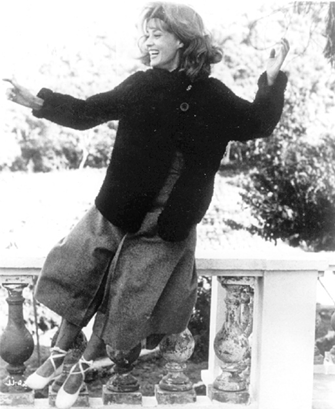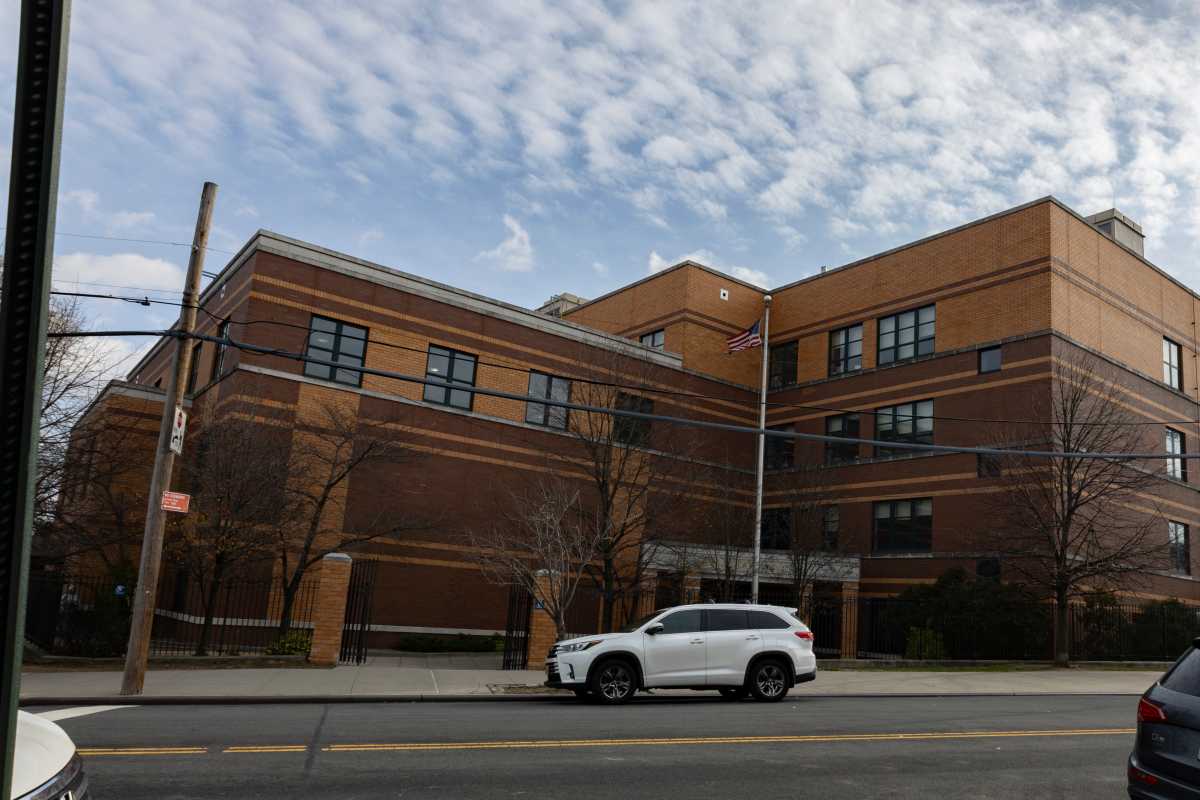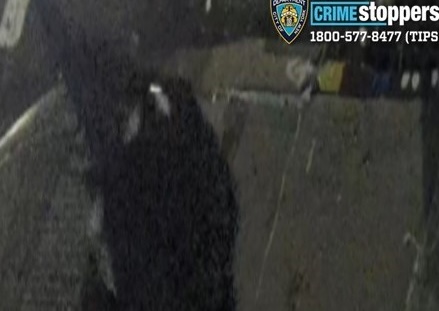By Jerry Tallmer
Forty-four years after its original release in the United States, 94 years after the year of innocence (1912) in which it starts, Francois Truffaut’s “Jules and Jim” can still melt the insides of anybody who sees it — anybody I want to know, anyway; anybody who was ever in love with a woman; more yet, in thrall to womankind.
All the camera has to do is go to the hungry, commanding face, the short, supple, demanding body of Jeanne Moreau, and stay there, and I am as sunk, as enslaved, as are either or both those Paris-based pre-World War I girl-chasing poetry-spouting best friends, Jules (Oskar Werner), the short, self-effacing German, and Jim (Henri Serre), the gangly, sensitive Frenchman, throughout the 105 minutes of this most telling, most irreplaceable of all movies about the eternal — no, no, the extreme — feminine.
Here are Jules and Jim at a café table discussing the smile on the face of a woman — a smile they will see recapitulated in a prehistoric stone carving on an island in the Adriatic, and — soon after that — on the face of the Catherine they will both love. Jules takes a piece of chalk and draws the smile, the face, on the café table. Jim wants to buy the table. The management says you have to buy all the tables, or none. So it’s no dice.
Here are Jules and Jim, who have shared or traded girlfriends from time to time over many weeks, in casual conversation soon after Catherine has moved in with Jules. “Not this one, Jim, n’est ce pas?” — no sharing this time — says Jules with quiet forcefulness.
Here are Jules and Jim and Catherine — that’s Moreau — taking starting positions, fingertips to the ground, for a race across a footbridge. One, two, thr— and cheating Catherine jumps ahead to win the race in a burst of laughter.
Here is Catherine in her nightgown burning up a batch of “lies,” love letters from one admirer or another. Suddenly the bottom of her nightgown is ablaze. She has set herself on fire. Jim beats out the flames and saves her life.
Here is Jim sitting at a café table, waiting for the Catherine who has asked him to meet her there at that hour. One full hour later she has still not materialized. Jim departs. It turns out — or so she says — she has been at the hairdresser’s.
Here are Jules and Jim and Catherine, strolling along at midnight beside the Seine after attending a play by an unidentified (to us) Swedish dramatist; I suspect Strindberg and I suspect “Miss Julie.” Catherine was impressed; Jules was not. He and Jim are now deep in aesthetic and philosophical discussion about, among other things, the nature of Woman — totally ignoring the woman who is right there with them. “You fools,” says Catherine, and jumps kerplash! into the Seine. They haul her out of the drink, but her beautiful veiled hat floats away in the night.
Here is Catherine — guitar in hand — rendering Boris Basiak’s ironic, infectious “La Tourbillon,” the Whirlpool of Love, with Jules and Jim no more able to break the spell than we witnessing her voice and laughter at Film Forum, where a fine new 35mm print of “Jules and Jim” runs December 15-21.
Here are the trenches, the No Man’s Land, of World War I, with Jules on one side and Jim on the other, each dreading the thought that he might be killing the other. But they are lucky, neither one kills the other, they both survive, and —though innocence is not exactly what it once was — they will meet in Paris again.
Here are Jules and Jim and Catherine and Sabine (Sabine Haudepin), Catherine’s small, chubby, bespectacled daughter by the marriage to Jules, running up through the fields and hills and woods surrounding Jules’s chalet by the Rhine in post-war Germany, and then rolling back down the hill, a delighted little Sabine in Jim’s bear hug, as George Delerue’s exquisite music, lyrical as the landscape and the love on all sides, fills our ears — here and throughout the film.
Here is Catherine — having proceeded from a long-delayed clinch with Jim to leaving Jules for the more sexually passionate Jim — now making Jim’s life a hell too, not to mention the life of the guy’s loyal mistress back in Paris (Vanna Urbino). It turns out that Jim can’t get Catherine pregnant. In cold fury, she pulls a gun on him. “I understand,” says Jim. “I don’t want to be understood!” she explodes. The rest of it needs no saying: I just want (a) to be worshipped, (b) to be independent, (c) to be taken care of, (d) everything else.
Here are Jules and Jim and Catherine, her eyes like lightning bolts, assembling for a spin in her new car. She appears in white, carrying a package wrapped in white. She drives the car to the neighboring and egregious Albert (the same Boris Basiak as above), jumps out, grabs her package, disappears into Albert’s house. The package contains her pajamas. She will spend the night with boring Albert, and so much for you both, husband Jules and lover Jim.
Here is Jules, talking, taking stock, with Jim. Catherine — says Jules — is not all that beautiful or all that intelligent or all that sincere, but she is one thing above all else: She is the totality, the essence, of Woman.
And here are Jules and Jim and Catherine one more time, in that automobile. It is the year when, in Germany, Storm Troopers are throwing books on bonfires.
Get out of the car, Jules, says Catherine. “I have something to say to Jim. Regard us carefully.” The car starts off … and I, on this page, must leave off, weak in the knees once again at so much truth and beauty and lyric and sexual and mental power — so much Woman — in one motion picture by one 29-year-old French New Wave writer/director named Francois Truffaut working from a 1953 memoir-in-the-form-of-a-novel by the then 73-year-old Henri-Pierre Roche.
Not too many years ago I had the opportunity to interview Jeanne Moreau, here in New York. Toward the end of the 45 minutes I stammered something about a big love affair, once, that had started by taking the girl to “Jules and Jim.” Said Jeanne Moreau, in English, with Catherine’s most elusive of smiles: “But of course.”
JULES AND JIM (1962). Directed by Francois Truffaut. Screenplay by Truffaut from a novel by Henri-Pierre Roche. 105 minutes. In French, with English subtitles. December 15-21 at Film Forum, 209 West Houston Street, (212) 727-8110.



































